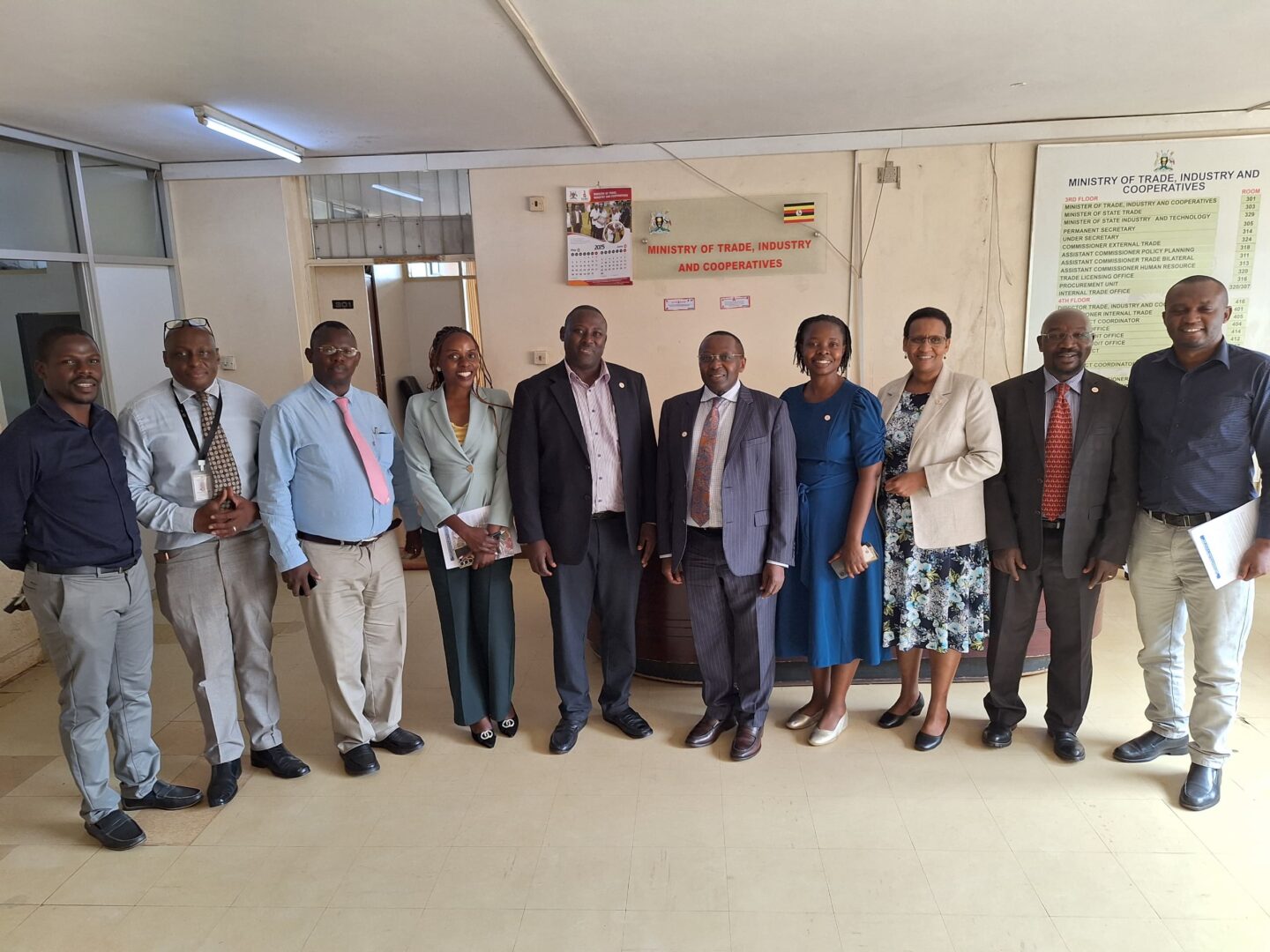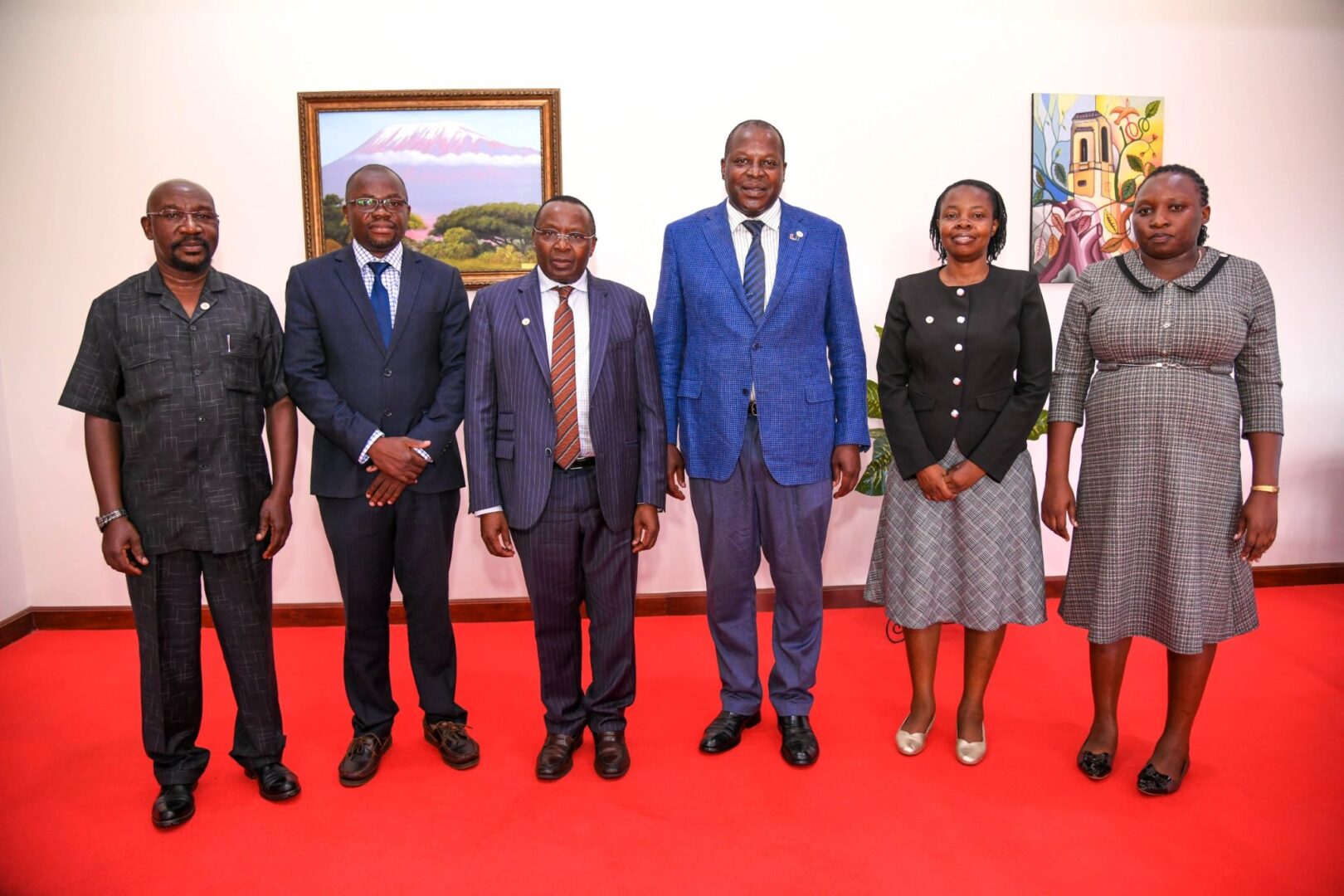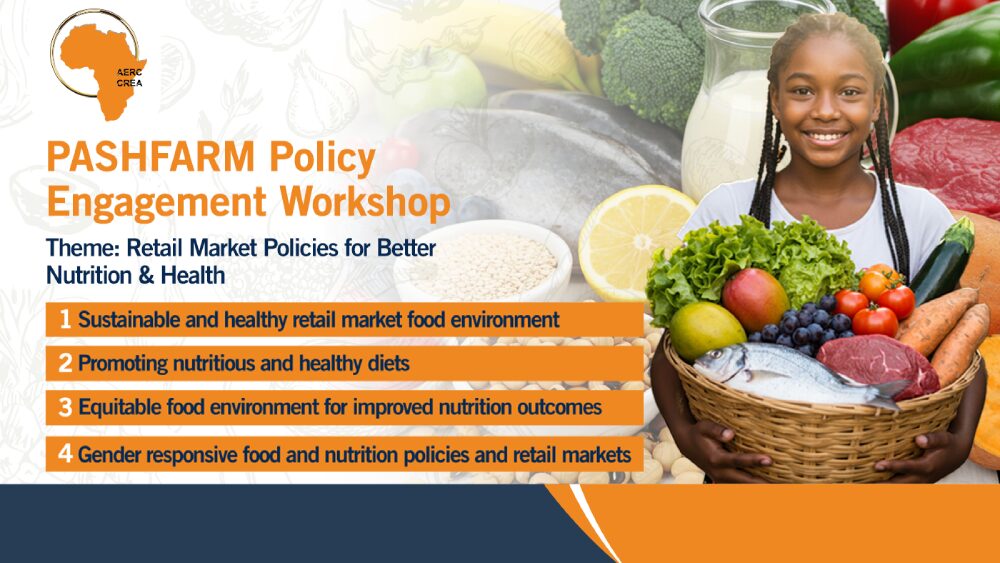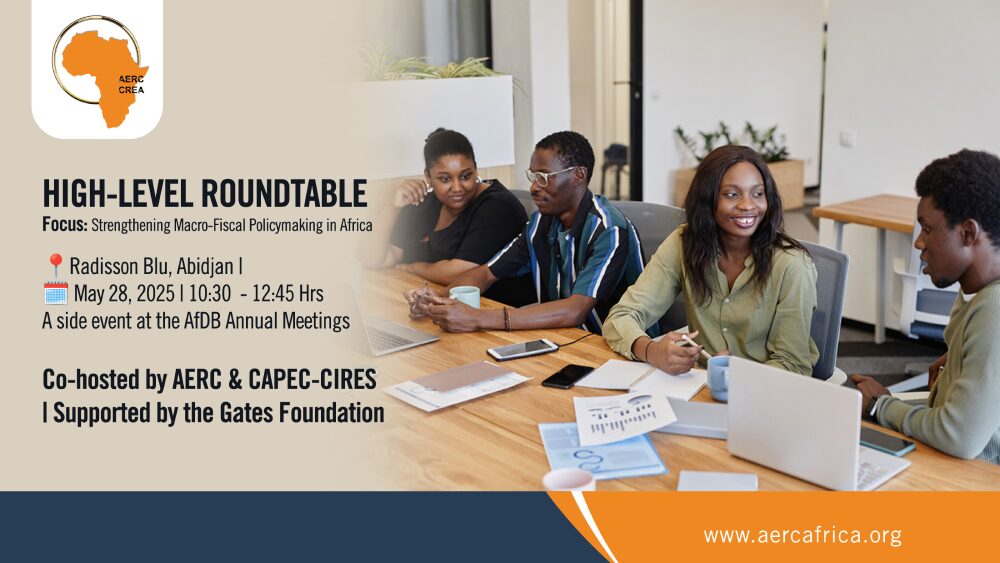

Webinar on China-Africa Trade: On the road to FOCAC
August 13, 2024The African Economic Research Consortium (AERC) in collaboration with The Boston University Global Development Policy Center (GDP Center) and the Africa-China Reporting Project recently hosted a capacity building informative Webinar on China-Africa Trade, Finance and Foreign Direct Investment, on the road to Forum on China-Africa Cooperation (FOCAC). The Webinar registered 225 participants including policy makers, journalists, researchers and professionals from various fields.
The Webinar took place on Wednesday, August 7, 2024, and discussion were basically on China-Africa trade, finance and FDI, on the road to the next FOCAC. During the discussion, researchers and data analysts shared the key findings from the China-Africa Trade report. The report was shared in advance with the attendees to review prior to attending the Webinar in order to present any questions or comments during the session.
Speakers in this very productive Webinar included Lucas Engel a Data Analyst at Global China Initiative, Boston University Global Development Policy Center, Dr. Charles Owino, Publications Manager, African Economic Research Consortium, Dr. Dianah Ngui Muchai, Collaborative Research Manager, African Economic Research Consortium and Bongiwe Tutu, Project Coordinator, Africa-China Reporting Project, Wits University.
The GDP Center and the African Economic Research Consortium recently published a New Report (2024), which analyses 22 years of China-Africa trade, finance and FDI data (2000-2022), to evaluate trends, reveal gaps and identify pathways for China’s support to Africa’s energy access and transition amidst economic challenges and energy opportunities. This report formed the basis for discussion in the Webinar.
Over the past three decades, China-Africa economic engagement has deepened across trade, development finance and foreign direct investment (FDI), contributing to African countries’ development and bringing economic benefits, but also some environmental risks. The report finds that past economic engagement has helped African countries overcome infrastructure bottlenecks but has also replicated trade patterns where Africa exchanges its primary resources for finished goods.
China’s historic economic relationship with Africa positions it as a contributor to African sustainable development, a topic that will no doubt feature prominently at the upcoming Forum on China-Africa Cooperation (FOCAC) in September 2024. Some of the pertinent questions that will be asked among others include: If China and African countries intend to tackle current development objectives like energy access and transition at the FOCAC, what forms of finance and which industries are promising targets for future cooperation?
The Boston University Global Development Policy Center manages a suite of interactive databases that collectively track hundreds of billions of dollars in Chinese loans and investment to a variety of sectors, including energy and other infrastructure development. This databases provide transparent information to aid research, education, policymaking, journalism and accountability with regards to China’s overseas development finance and projects around the world.
The AERC on the other hand is a leader in policy-oriented economic research in the continent. The Consortium was established in 1988 as a public not-for-profit organization devoted to building capacity for economic policy research into problems pertinent to the management of economies in sub-Saharan Africa. As a network it builds capacity through three primary components: research, graduate training in economics, and communications and policy outreach.






